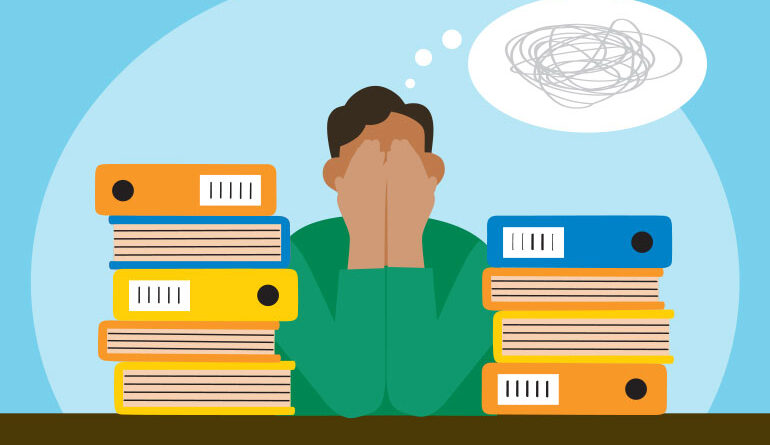The Hidden Struggles: Understanding Mental Health Issues Among College Students
Mental Health in College
The issue of college student mental health has been in the spotlight in recent years with a variety of incidents that have occurred within universities due to psychological issues. According to the National College Health Assessment, 73 percent of students reported moderate or severe psychological distress in 2021. Since 2013, the percentage of students with mental health issues has increased by nearly 50 percent.
The stresses and challenges college students feel while attending school come in very many dimensions, including academic pressures, balancing obligations, social pressures, and more global/social issues. A recent survey of college students found that more than half (56%) experienced chronic stress (a persistent feeling of pressure and overwhelm over a long period of time) while in college. Chronic stress is associated with a range of mental and physical health problems.
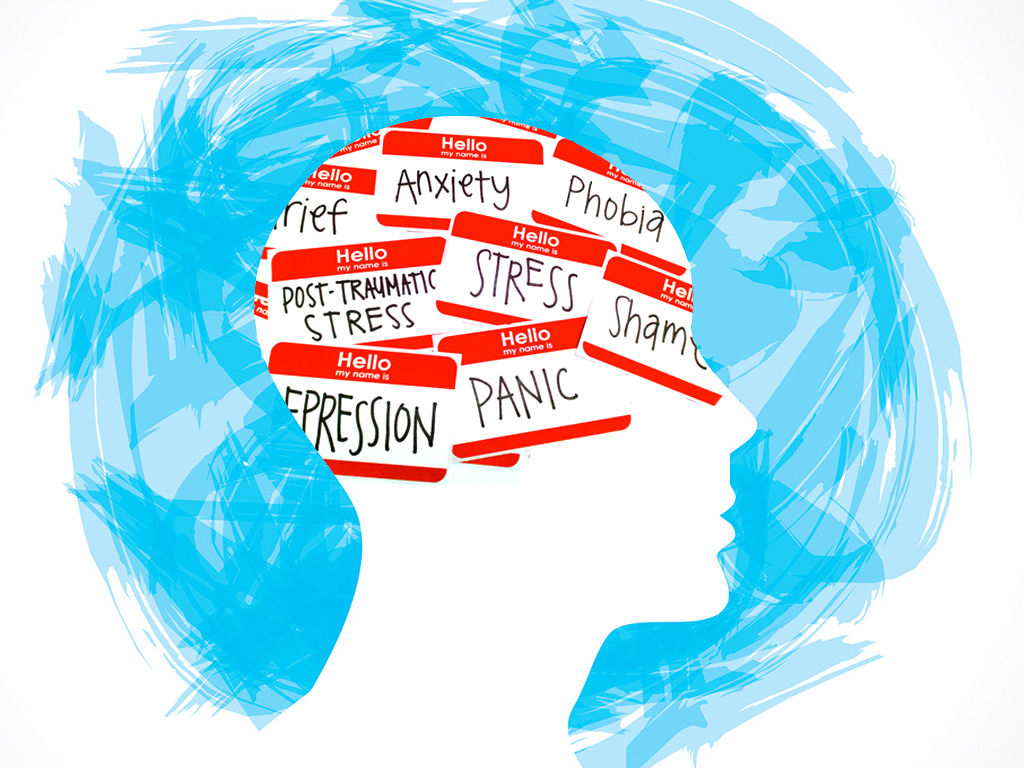
Mental Health Issues Affecting College Students
Anxiety Disorders
There are multiple types of anxiety disorders, and while some may be less severe, they can all impact a student’s ability to thrive in college to some degree. A 2013 study found that anxiety was the most common problem among college students seeking mental health help, with about 42 percent expressing concerns in this area. Scientists’ research into the causes is still ongoing, but most believe that anxiety disorders result from a combination of brain chemistry, genetics, life events, and personality. Some of the symptoms of anxiety disorders that people may experience include generalized anxiety disorder, obsessive-compulsive disorder, and post-traumatic stress disorder.
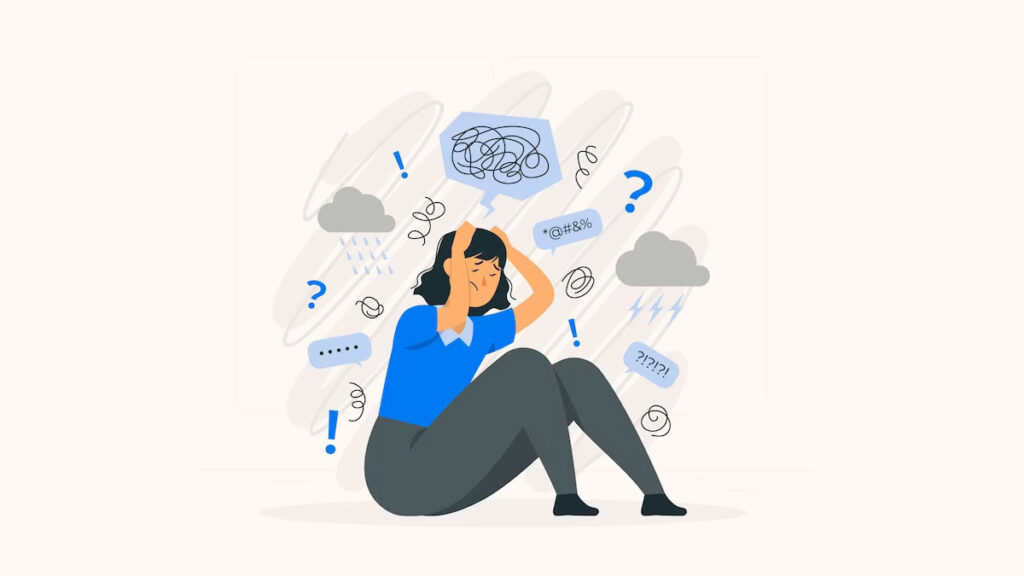
Eating Disorders
Eating disorders are not a lifestyle choice, instead they are documented psychiatric illnesses that can be extremely dangerous to an individual’s health if it is left untreated. Eating disorders are caused by distorted perceptions of body image and compulsive behaviors toward food. The Multi-Service Eating Disorders Association found that 15 percent of women ages 17-24 have some type of eating disorder, and about 20 percent of college students report that they have or have had an eating disorder. But what exactly causes eating disorders? Experts have found that there are many factors have contributed to eating disorders, including irregular hormones, genetics, physical deformities, peer pressure, stress, and trauma.

Depression/Suicide
The most common mental illness that students experience while in college is depression. Depression, more formally known as major depressive disorder, is a medical condition that can leave a person feeling sad, lonely, and unable to function. The 2013 National Assessment of College Student Health report has found that about 1/3 of college students were unable to function in the past 12 months due to depression, and many also had increased anxiety as a result of their depression. Similar to other mental illnesses, researchers don’t have a very clear understanding of what causes depression, but they generally agree that physiological differences, brain chemistry, hormones and genetic traits all play a role in triggering depression.
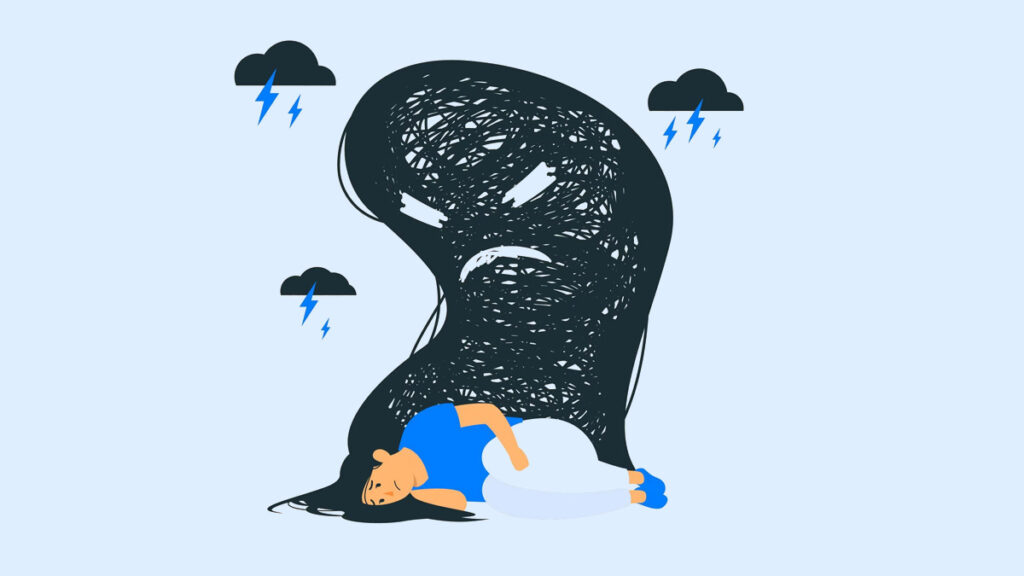
Sleeping Issues and Disorders
Sleep problems include any type of disorder that prevents a person from falling asleep or staying asleep for a reasonable amount of time. A study of nearly 2,000 college students conducted by scientists during the 2007-08 academic year concluded that more than 1/4 of all college students are at risk for sleep disorders. There are many different types of sleep disorders, making it very difficult to identify the causes, but some of the most common causes include medical problems, mental disorders, and environmental problems. Patients with sleep disorders may experience at least one of the following conditions: episodic sleep disorder, obstructive sleep apnea, and primary insomnia.
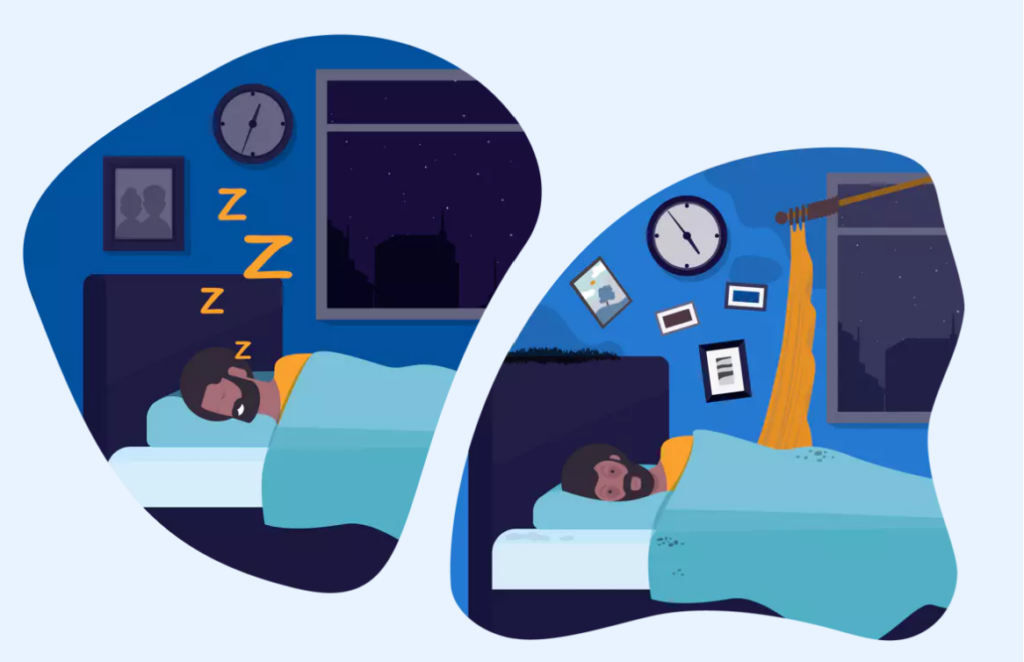
Sources
- Fostering college student mental health and resilience. (n.d.). https://www.psychiatry.org/news-room/apa-blogs/fostering-college-student-mental-health-and-resili
- Writers, S. (2024, February 22). Mental health in college. AffordableCollegesOnline.org. https://www.affordablecollegesonline.org/college-student-mental-health/

